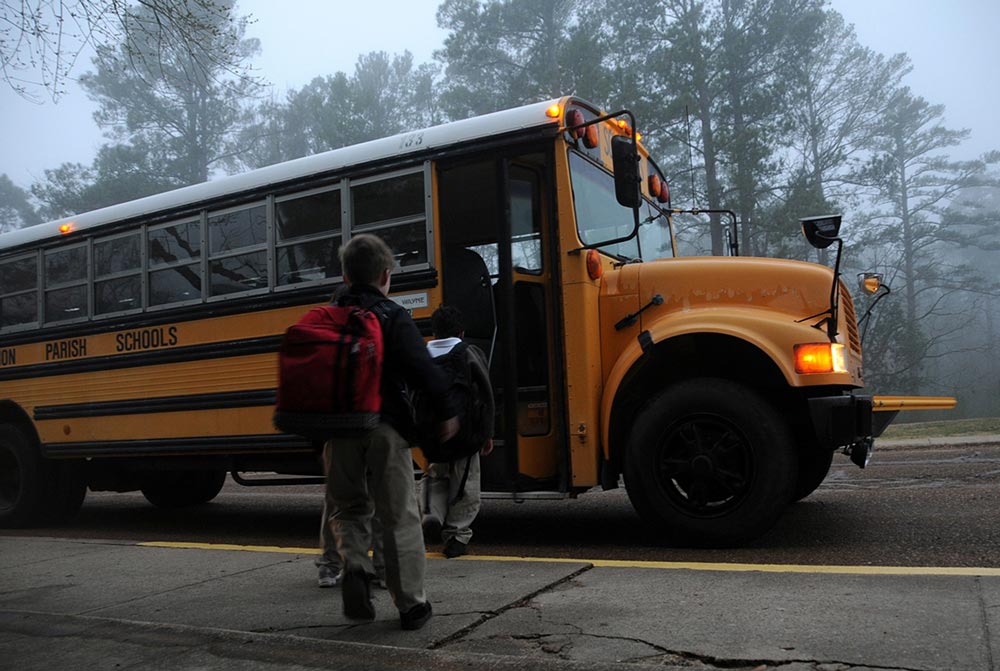Psychological testing to identify the root cause of an academic or behavioral struggle or to rule out a suspected condition is a valuable tool when working to help school-aged children and teens. The intelligence, achievement, and specific diagnostic tests can provide invaluable insight into a concern and more importantly, how to best treat it and provide support.
Often, private psychological testing is sought when a child or teen is struggling in school, and parents are seeking help—and worry that they won’t get enough support from the school or they simply want an outside, unbiased opinion. As an IEP Advocate, I have worked with schools that appreciated and accepted results of private psychological testing, and then used the results to inform in development of 504 Plans, IEPs, or other methods of support in school. However, there are also those schools that do not place value in independent psychological evaluations, and prefer to focus only on the evaluation process conducted by the school staff for the purposes of determining eligibility for a 504 Plan or IEP.
Schools are not required to use independent psychological testing to determine if a student is eligible for special education services through a 504 Plan or IEP. The special education laws in place only require schools to take into consideration the results of such testing when making decisions for the student.
Private evaluations can sometimes be more detailed than school-based evaluations, leading to a different conclusion than the school-based evaluation. So often, parents are blindsided when they discover their child has a condition or disability, as determined by a private evaluation, but this same medical diagnosis does not officially qualify their child for special education services from their local school—despite the official medical insight and recommendations that a well-written psychological report contains.
In addition to being blindsided by different diagnostic conclusions, school-based and private-based benchmarks for a "concern" are often different, leading to further confusion where a private report lists a pattern as "clinically significant" and a school-based report listing the same behavior as "average".
When a parent has concerns that their student may benefit from special education services, the first thing to do is put a request in writing to an administrator, teacher, or school counselor for an evaluation. The school has up to 60 days to conduct a comprehensive evaluation to determine whether there is a gap between the child’s ability and academic or behavioral performance that only special education services can improve, and then the IEP Team meets to review the results and determine eligibility for services.
A parent is welcome to seek private psychological testing (that is, testing not done by the school) and in some cases, a school is obligated to pay for such testing. However, as explained above, results from independent psychological testing do not guarantee eligibility for special education services. The school must take into consideration the results of independent testing; however, it is the school’s right to determine if the private evaluation is sufficient, or if they would rather go by their own evaluation to determine eligibility for special education services. Note that both are legal alternatives for the school.
If a parent strongly disagrees with the decision of the school, there are other steps to take, but this is where having the guidance of a formal Advocate can be very beneficial. An Advocate is a person who possesses professional knowledge about the special education system, answering key questions for the parents, and even attending meetings with the parent to provide support and knowledgeable insight to the proceedings.
Navigating the special education maze is no easy feat. Independent psychological testing is done by qualified professionals and contains significant and helpful data and recommendations for supporting an individual, but schools are only required to consider the results—not use them as a basis for determining eligibility for services. I always encourage private psychological testing, in addition to testing that the school performs, because of the potential benefits to the student not just in school, but for life in general. If you need help navigating the maze of special education services, please reach out to us or other advocates in the area for advocacy and make sure your voice is heard by your local school.
More information on Special Education rights can be found at: https://adap.ua.edu/special-ed...
~~~~~~~~~~~~~~~~~~~~~~~~~~~~~~~~~~~~~~~~~~~~~~~~~~~~~~~~~~~~~~~~~~~~~~~~~~~~~~~~
Holly Sharpe, M.Ed, BCBA, LBA
Licensed Board Certified Behavior Analyst
